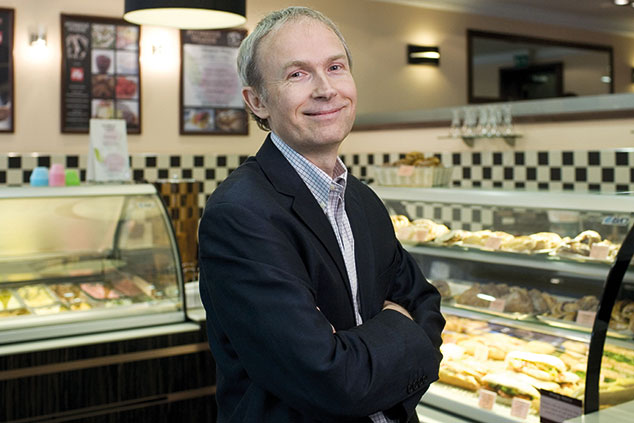
The UK’s corporate governance structure – intended to safeguard investors – has been called into question again after café chain Patisserie Valerie dropped the bombshell that shareholders’ money was missing, its accounts were misleading and that far from being cash-rich, profitable and growing, it was in fact £10m in debt and facing insolvency. The company has cited “significant and potentially fraudulent” accounting irregularities, the finance director has been arrested and bailed (and has since resigned), and the Serious Fraud Office is investigating.
Executive chairman Luke Johnson, who owns 37% of the company, has lent it £20m, and £15m of new shares have been sold to investors to raise capital at the heavily discounted price of 50p (compared with 429.5p before the news broke). While the immediate funding crisis appears to have been averted – giving some hope to staff, landlords and suppliers – investors have been let down and are nursing heavy losses. They can be forgiven for wondering why the company’s auditors seem to have failed them, and what the directors have been doing with themselves.
In asking these questions, shareholders in Patisserie Valerie aren’t alone. This year we’ve seen several headlines about corporate collapse, boardroom bust-ups and runaway pay, with investors generally left counting both the immediate and longer-term cost, financial as well as reputational. Investment is all about accepting risk, of course. Even business strategies that are well-executed in good faith can, and do, turn sour as markets decline, tastes change or innovation opens the door to rivals. But this is a long way from losing out because a firm took its eye off the ball, misled shareholders or left itself open to fraud.